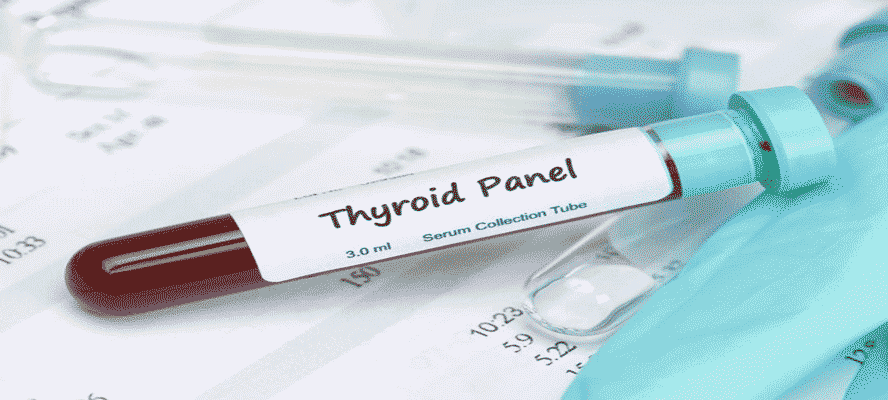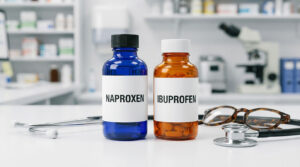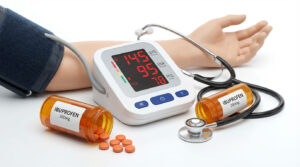Never Overlook Book Thyroid Function Test. Neha was frustrated. She always had trouble keeping a normal weight. She became so fatigue, she could not shed the extra weight put on during the pregnancy and exercising seemed impossible to her. Her face broke out in acne due to dry and oily skin. Sometimes she underwent higher incidences of depression and mood fluctuations. On the top of that, without analyzing the cause her primary care doctor put her on anti-depressants. Such uninvestigated thyroid problems can dramatically increase the risk. There are many alike cases where the proximate cause ‘thyroid’ is ignored due to wide ranging and non specific symptoms. Thyroid can affect every aspect of your health. Therefore, do not ignore this master endocrine gland.








